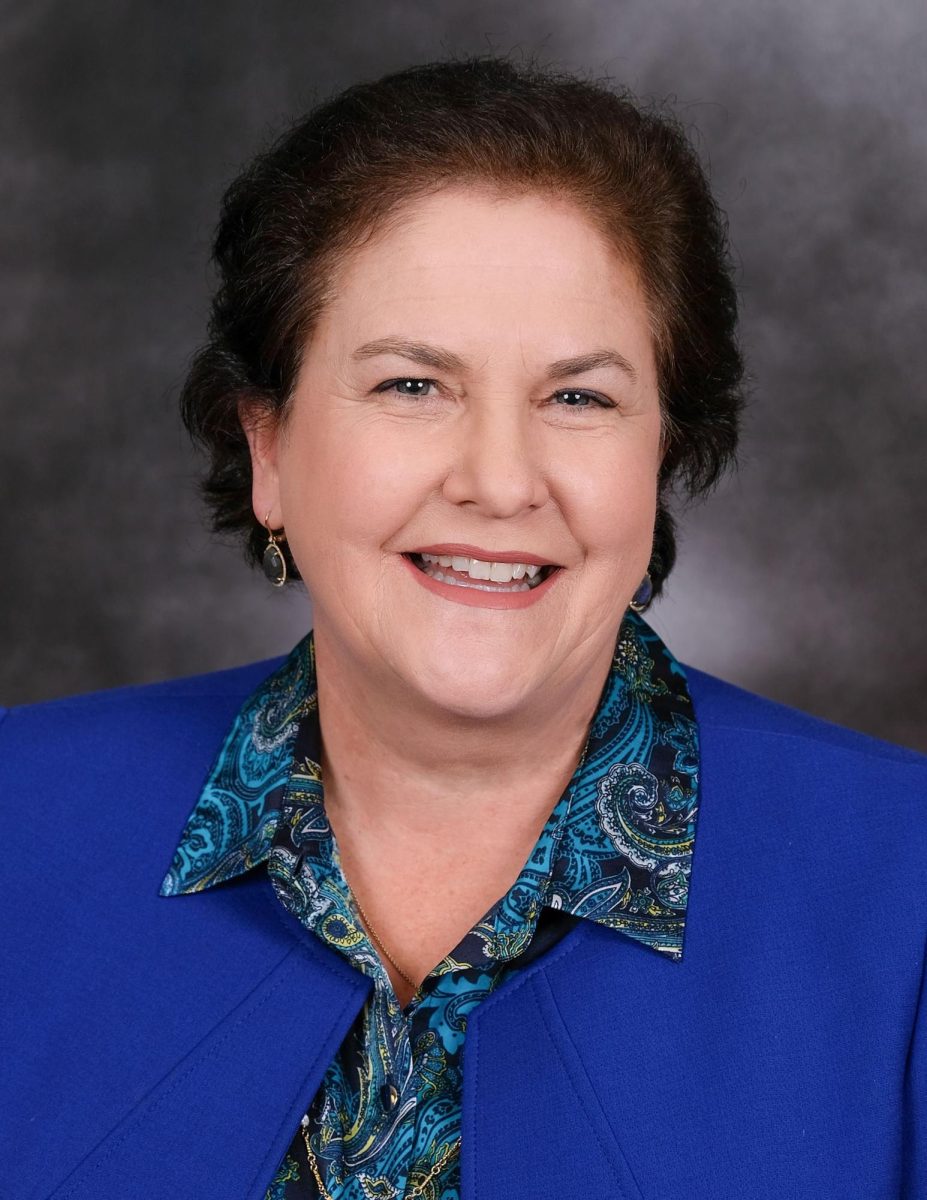“Ben” sat reflectively, thinking about the previous semester. Thinking about the B+ he gave himself. Thinking about the C he deserved.
“I think teachers think nobody would dare. They think we don’t have it in us,” he said, speculating as to why a teacher might not suspect him of changing his grade, as well as the grades of several other students in his science class.
“A lot of guys in [class] are getting A’s, but that’s not really because they’re learning the material. It’s because they cheat a lot. Cheating is huge among TAs,” Ben said.

As the pressures of last semester’s finals crept upon Ben, a junior who wished to remain anonymous, the opportunity he had as a Teacher’s Assistant seemed too easy not to take. So he went ahead.
Five points here, ten points there, Ben described in a recent interview how he slowly but surely picked away at his grade, which had bordered on a C-, by giving himself extra points on homework and quizzes – points he knew he had not earned. Ben said that he has also seen others in his class, two to three of them in fact, adjust their grades with the help of TAs.
Teacher’s Assistants, or TAs, are commonplace at Redwood. By several accounts, many classes could not function on a daily basis without them.
While many TAs have very minor roles in the classroom, from taking out recycling to occasionally checking in homework, others have more responsibilities, such as correcting papers or even entering grades into the gradeboook.
And sometimes, they take advantage of their positions – often just changing small grades for themselves or their friends, but sometimes doing a little more.
Though TAs grade low-level work in many classes, student interviews indicate that the problem of TAs taking advantage of their positions is most pervasive in the science department.
Ben said when he grades his own work, he is super-lenient. He said he won’t usually give himself 100 percent, but if he deserves a half-point on a problem, he might deduct less, or sometimes nothing at all.
He also said that TAs are far more inclined to give someone a good grade when they see one of their friends’ papers.
“If a TA saw a friend’s packet or test, they’re definitely going to want to help him out, especially if the friend knows that they have access to that. If a TA sees himself in the packets, he might boost the grade up a bit,” he said.
Senior Indigo Mutha is in her second year as a TA for Chemistry teacher Millie Hackworth. Last year, she took the Chemistry class while also acting as a TA during another period.
Mutha said that some teachers give more responsibilities to TAs they have known longer and trust more.
“I graded my own work sometimes,” Mutha said. “Mrs. Hackworth trusted me, and I wasn’t going to forsake that for a few extra points.”
However, Hackworth noted that she would never let any of her TAs, even those that she trust the most, access eSchool.
CJ Chao, a sophomore TA for science teacher Todd Samet, said he has graded his own work, and acknowledged that, while he has not cheated, there is definitely a temptation to help himself out.
Chao said that he grades papers alone at least a quarter of the time, and that much of his other time as a TA is spent alone.
Hackworth said she has several safeguards to detect dishonest TAs early on in the school year, such as spot-checks for certain assignments to confirm TAs’ grading accuracy and honesty.
“I don’t know if they know how much I follow through, especially at the beginning of the year,” she said.
TAs, however, can still find ways to cheat the system.
Junior Hugo McIntosh said that earlier this semester, when he had a substitute teacher, some students in his chemistry class benefited from a TA who obtained an answer key.
“On one quiz, an answer key was sent around in a text message,” he said. “People had it as a picture so that they could be ready for the test.”
“Jeff,” an anonymous junior in Wendy Doherty’s Chemistry class, said he has seen students exchange cash for homework stamps, and described an exchange he saw happen just feet from his desk.
“[The student] did the study guide, but didn’t get a stamp. So he went up to the TA, and told him that he did it, and asked him if he could get full credit, but the TA said he couldn’t,” Jeff said. “So he goes back to his desk. A couple of minutes later, the TA comes up and said, ‘If you really need a stamp, you can give me five dollars, and I’ll change your grade.’ So he gave him the money, and the TA went and changed his grade.”
Two other students in the same class said in recent interviews that they personally saw this exchange, and have seen other similar transactions. One of these students, who wished to remain anonymous, said that the exchange of money for changes in grades is initiated sometimes by TAs and sometimes by the students themselves.
Doherty said that she has caught some of her TAs helping friends out by slipping in late papers. She also said that sometimes TAs, who do not have to pay for broken lab equipment, will cover for a friend who breaks a test tube or beaker, simply getting them another from the back room.
Ben described other dishonest acts done by TAs.
“There are TAs who don’t get to grade their own work,” he said. “But they have access to the grade book or eSchool, and when their teacher goes away for a prolonged period of time, they change their grade.”
Some teachers prefer to do their own grading, in spite of the added workload. Math teacher Heather Curtaz said that she previously had TAs grade homework, but has stopped because she thought she was missing a fuller understanding of her students’ knowledge.
“I used to use them for homework, but then I just don’t pay attention enough, and so, when I do it myself, I can just know right away how my students are doing,” she said. “I like to see how my students are doing myself.”
Curtaz also said that it is, in fact, faster and more efficient for her to do all of the grading herself.
“I had to take too long to explain how I wanted it done. It’s faster for me to do it myself,” she said.
According to Board Policy and official course descriptions, the purpose of the TA program is to provide students with explanatory work experience that integrates work-based and school-based learning.










